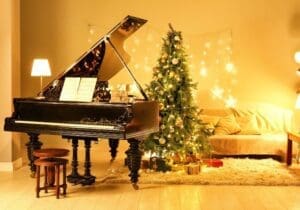
Sat with your feet up admiring your handiwork decorating the tree this year?
It may look the part – and be doing a great job of making things feel festive – but did you know your Christmas tree could have performed a very different role?
Whilst spruce trees are up there with pine and fir as the most popular to adorn with decorations at Christmas time, they are also one of the most sought-after trees used to craft pianos.
Yamaha, Kawai, Bosendorfer – virtually all of the world’s most renowned manufacturers use spruce for their soundboards.
Let’s take a look at why…
What is a spruce tree?
Spruce is a widespread coniferous tree belonging to the genus Picea of the family Pinaceae, which includes 35 different species.
Easily recognised by its distinctive conical shape, waxy needles and hanging cones, spruce is widely grown for timber, pulp (used to make paper), and of course, for use as a humble Christmas tree.
The Norway spruce is a fast-growing evergreen conifer. It can grow to heights of over 40 meters and live for up to 1000 years.
Why are pianos made from spruce?
Used in piano manufacturing for more than 100 years, spruce is specially selected for its excellent tonal quality.
Crucially, it is a softwood. This means it is far superior at transmitting sound than hardwood, which is normally reserved for the body and framework of a piano.
In simple terms, a piano’s soundboard works by transmitting vibrations. Despite being a softwood, spruce is impressively dense – and it’s this that allows for excellent vibrations.
Spruce’s pliable characteristics offer excellent elasticity and strength, meaning it is capable of both conducting vibrations and absorbing higher overtones. Resulting in a wood that projects rather than swallows sound and delivers lively and expressive playing.
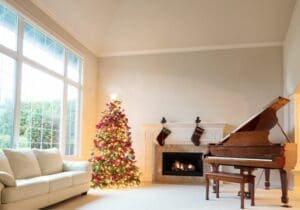
Bösendorfer and spruce
In true Bösendorfer style, they like to go one better than most other piano producers by using more than 80% spruce in the production of their instruments. Believing as they do, that by not reserving spruce solely for the soundboard, when the piano is played, the integrated spruce components will resonate together to produce unrivalled sound and tonal capabilities.
The specific type of spruce Bösendorfer uses is Austrian spruce. This is carefully grown at a minimum of 800 meters above sea level to ensure a dense, regular grain.
Harvested in winter (to minimise sap), the spruce is then entered into Bösendorfer’s strict drying process – which takes six years to complete!
It’s worth the wait though. Every instrument they craft has spruce at its heart, which they believe is the key to the remarkable richness of tone and pure, brilliant sound associated with their pianos.
Are all pianos made from spruce?
No – although we’d argue they probably should be!
Some manufacturers source cedar, ash or alder for their soundboards, but whilst these are also softwoods, they don’t offer quite the same calibre of sound.
Easy to understand then, how spruce has established itself as the benchmark material for the best piano brands.
What other instruments are made from spruce?
Virtually all stringed instruments use spruce in their construction somewhere. The violin, cello, guitar, the list goes on.
Spruce has a high stiffness-to-weight ratio. Why does that matter, you ask? Because even if it is carved thinly, it remains light and strong – making it ideal for handheld instruments.
Talk to the team
Whether grown with a destiny to dangle baubles or become a treasured instrument, there’s no denying that spruce is a tree worthy of appreciation.
And here at Richard Lawson Pianos, whilst we might not be able to offer you a spruce to decorate this December, we can provide you with a beautiful range of pianos expertly crated from this exquisite wood.
You can shop our range of pianos online now, or why not get in touch to find out more?
You could even book yourself an appointment to pop into the showroom in the New Year. That way, you can try out the different makes and models – and experience the difference spruce can make for yourself.
Call us now on 01923 720 974, email info@richardlawsonpianos.com or book an appointment online.

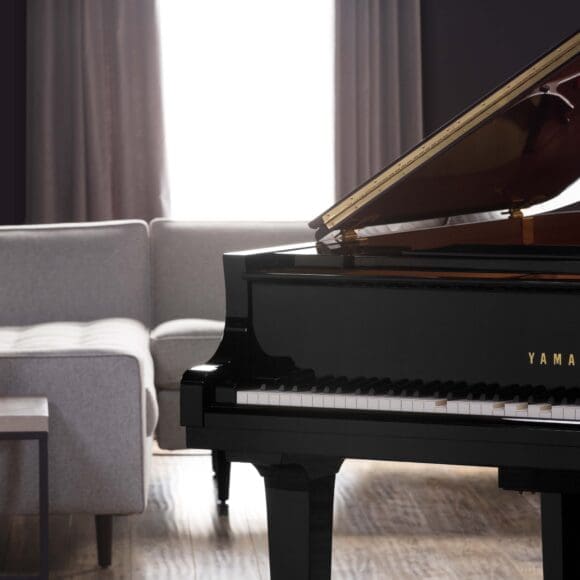
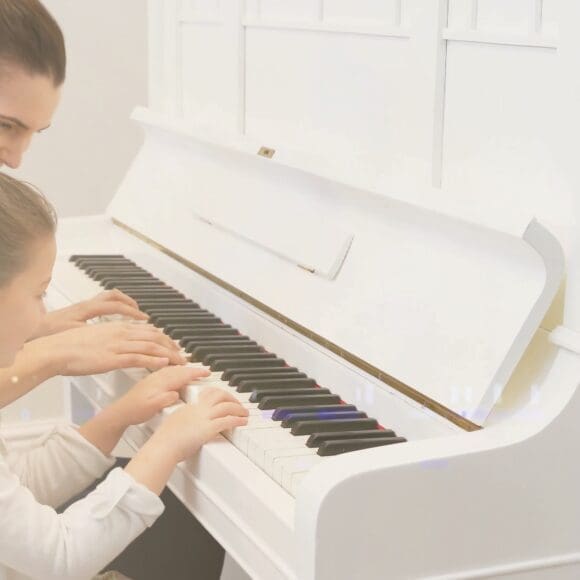

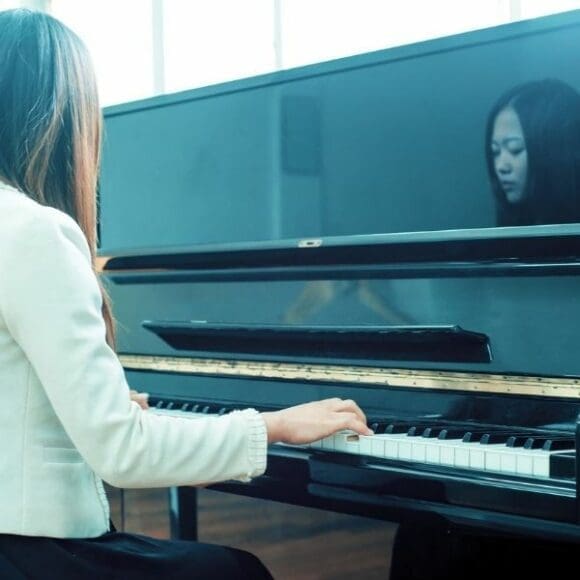
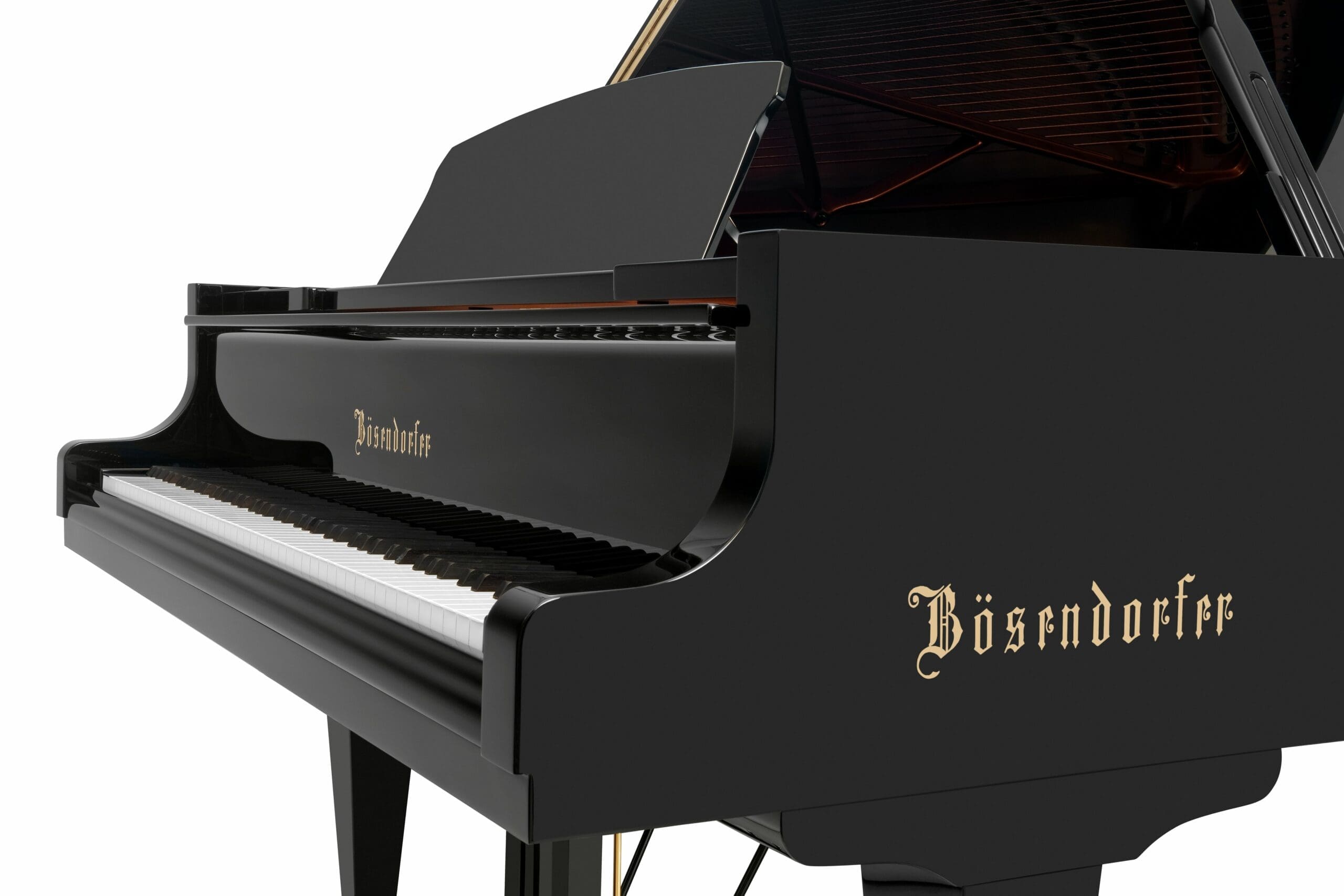
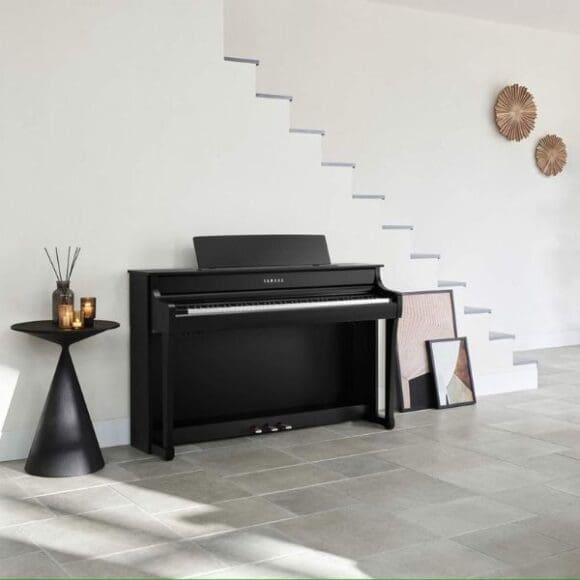


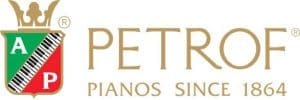

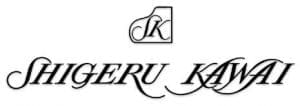



 Reviews
Reviews